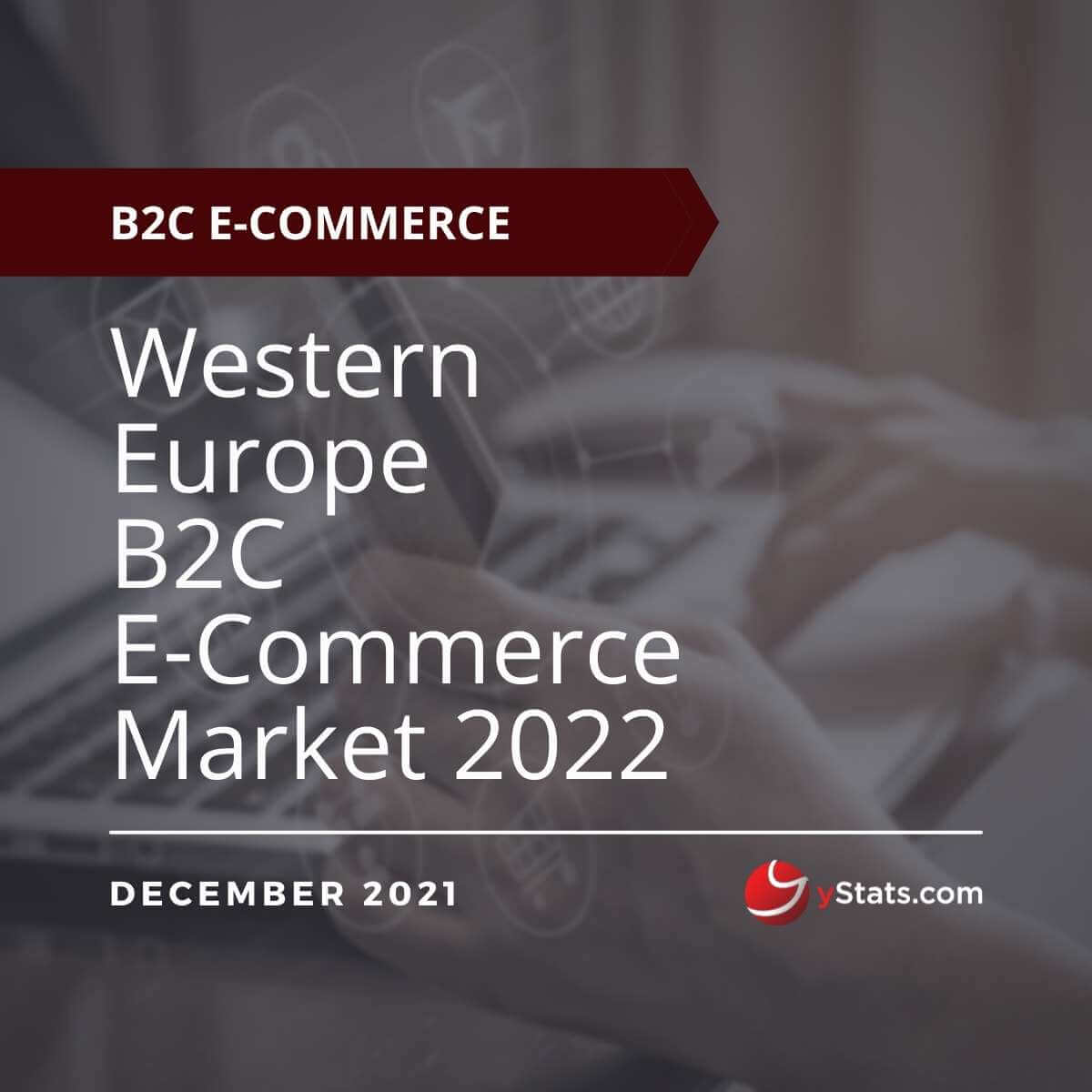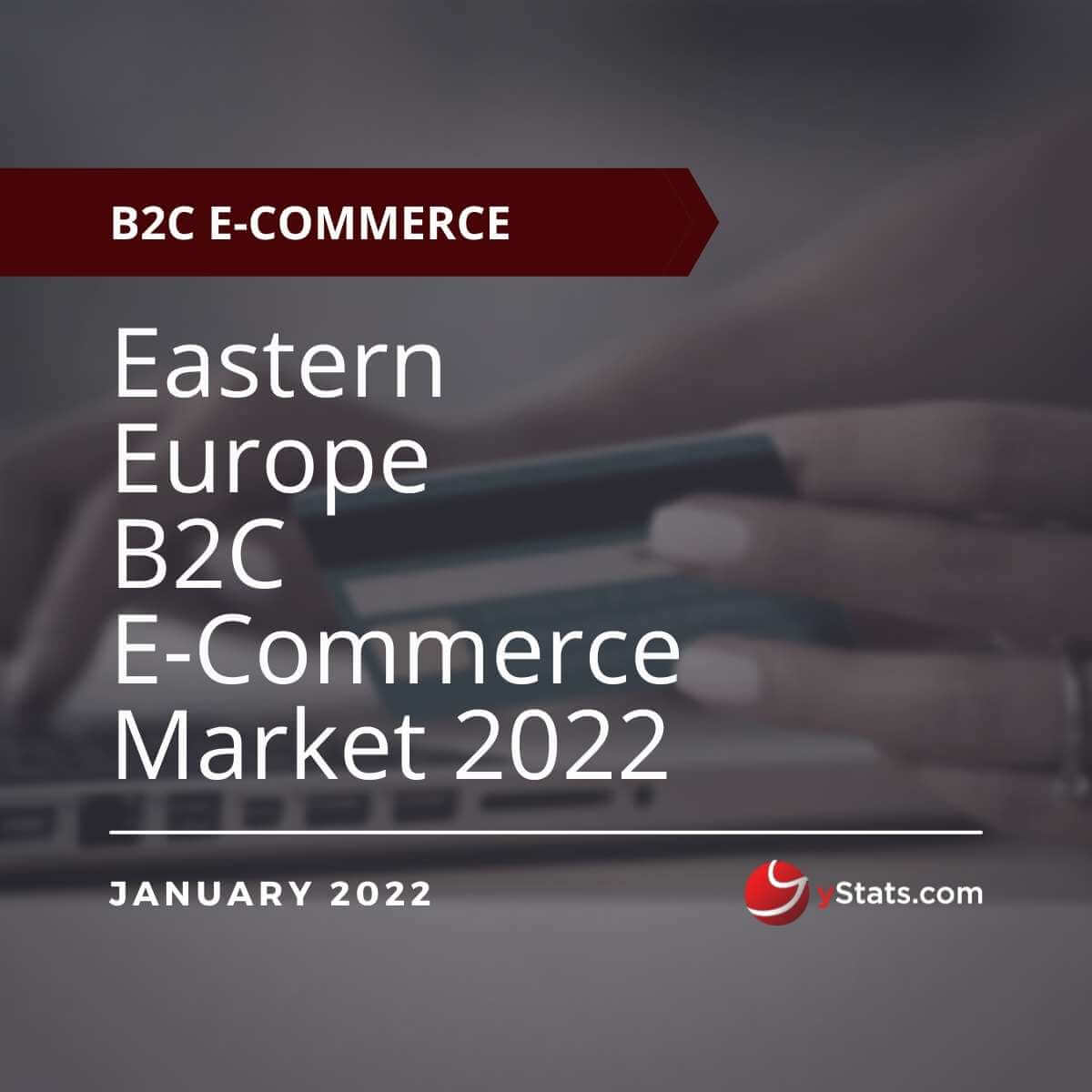Description
Countries Covered: Germany, Ireland, UK
Pages: 53
Publication Date: 19/11/2019
Questions Covered in the report:
What are the major implications of Brexit for UK B2C E-Commerce?
How is Brexit expected to affect cross-border E-Commerce flows between the UK and the EU?
What are UK online retailers’ expectations concerning Brexit?
How do selected leading E-Commerce merchants in the UK prepare for Brexit?
What are the key statistics and projections for UK B2C E-Commerce in 2019?
Key findings:
Brexit to have major implications for B2C E-Commerce in the UK and the EU
Brexit’s impact on domestic B2C E-Commerce in the UK
The UK’s upcoming withdrawal from the European Union on January 31, 2020, is expected to have major implications for both domestic and international B2C E-Commerce. As online sales are showing greater resilience than brick-and-mortar retail towards the dampening of consumer spending caused by the uncertainties around Brexit, one of the potential consequences could be the acceleration of the growth of E-Commerce’s share in overall retail sales. Next year, close to one-quarter of UK’s retail spending is projected to be online, according to a forecast cited in the yStats.com report.
Cross-border B2C E-Commerce exports from the UK post-Brexit
The UK not only has the largest domestic online retail market in Europe, it is also the top exporter in intra-regional cross-border E-Commerce. More than one in four digital buyers in Europe purchase from sellers in the UK, as per surveys cited by yStats.com. However, if additional post-checkout costs, such as taxes and duties, start to apply to their international purchases, European online buyers could shop less from the UK. In Ireland, where above two-thirds of online shoppers purchase from UK E-Commerce platforms, a double-digit share of consumers expect to buy more on other EU websites instead after Brexit.
Brexit and cross-border online shoppers in the UK
Due to abundant domestic supply, cross-border online shopper penetration in the UK is lower than in some smaller European markets. When they do buy internationally, UK digital consumers prefer products from China and the USA, whose online sales to the UK outrank the top European destination, Germany. Over the past three years, the gap between the growth in share of UK online shoppers buying from non-EU sellers and those who shop in the EU has become wider, resulting in non-EU destinations becoming more popular as of 2018. If buying from European online platforms becomes more expensive for UK shoppers as a result of added taxes and customs after checkout, more than two in three digital buyers would abandon the practice altogether, a 2019 survey cited by yStats.com reveals.






